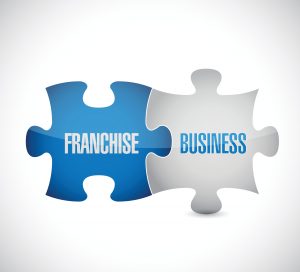“So much to do, so little time.” That’s never more true than when you’re a business owner. You have a lot to manage — you want to lead your team well, serve your customers, do great marketing, and more.
But if you fall behind in your industry, you can find yourself behind the competition quickly. New developments and innovations can help you decide where to go as your company grows and what expansion plans make sense.
How can you find the time to stay on top of your industry as a busy business owner? Here are five tips you can try today:
1. Follow Podcasts
If you find that you’re always on the go, podcasts are a great way to keep up with your industry and business in general. There’s a podcast about almost everything, and many thought leaders put out episodes regularly.
Podcasts are current and provide valuable information to busy business owners!
2. Set Up Alerts
If you want to monitor what’s being said about your industry online but don’t have the time to read industry websites regularly, consider setting up alerts. This allows you to get an email when a headline or article comes out related to your topics of interest.
Simply go to Google’s Alerts page and set up the keywords you’re interested in. You’ll get everything you need in real-time.
3. Listen to Customers
Your customers are one of the most valuable resources you have, and you interact with them every day! Make sure you notice what questions they ask and what complaints are common. These can give you ideas your industry hasn’t thought of to add more value and serve better.
Giving customers what they need is the number one way to stay ahead of the game.
4. Make Time to Read
If you can only choose one way to keep up with your industry, it’s simple — make time to read! This doesn’t have to be hours each day. Just 20 minutes a day will give you insight into what’s going on in your marketplace and how it impacts you.
If reading is too time-consuming, consider getting books on tape or finding a text-to-speech program to read your articles and news. If you’re working out or traveling, this can be a perfect time way to get information.
5. Stay in Touch With Your Network
Wondering what your peers are up to? One of the best ways to find out is to ask them! Try to go to networking events regularly, and participate on business social networking sites like LinkedIn. Not only will this help you stay up-to-date with changes in your industry, but it can also be extremely valuable when you are looking for new opportunities in the future.
Business is all about who you know, not just what you know. Don’t let networking fall to the side simply because you’re busy!
Being a Business Owner is Challenging
As a top business broker, we work with business owners every day. We know how hard it is to stay current on your industry or get up to speed on a business you’re considering buying.
We have a variety of resources that can help you learn and grow as a business owner. And if it’s time to buy or sell, we’re here to make it e

